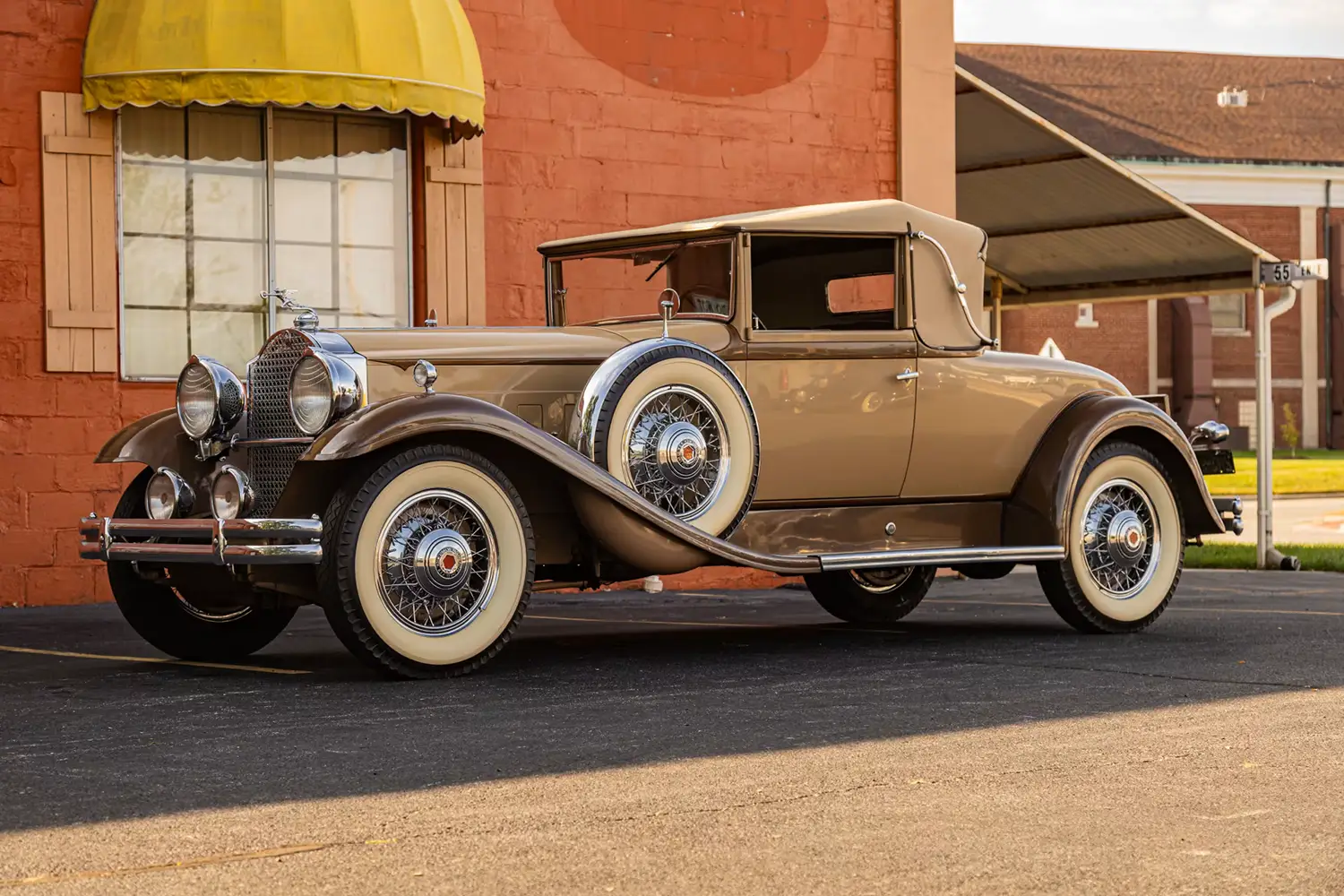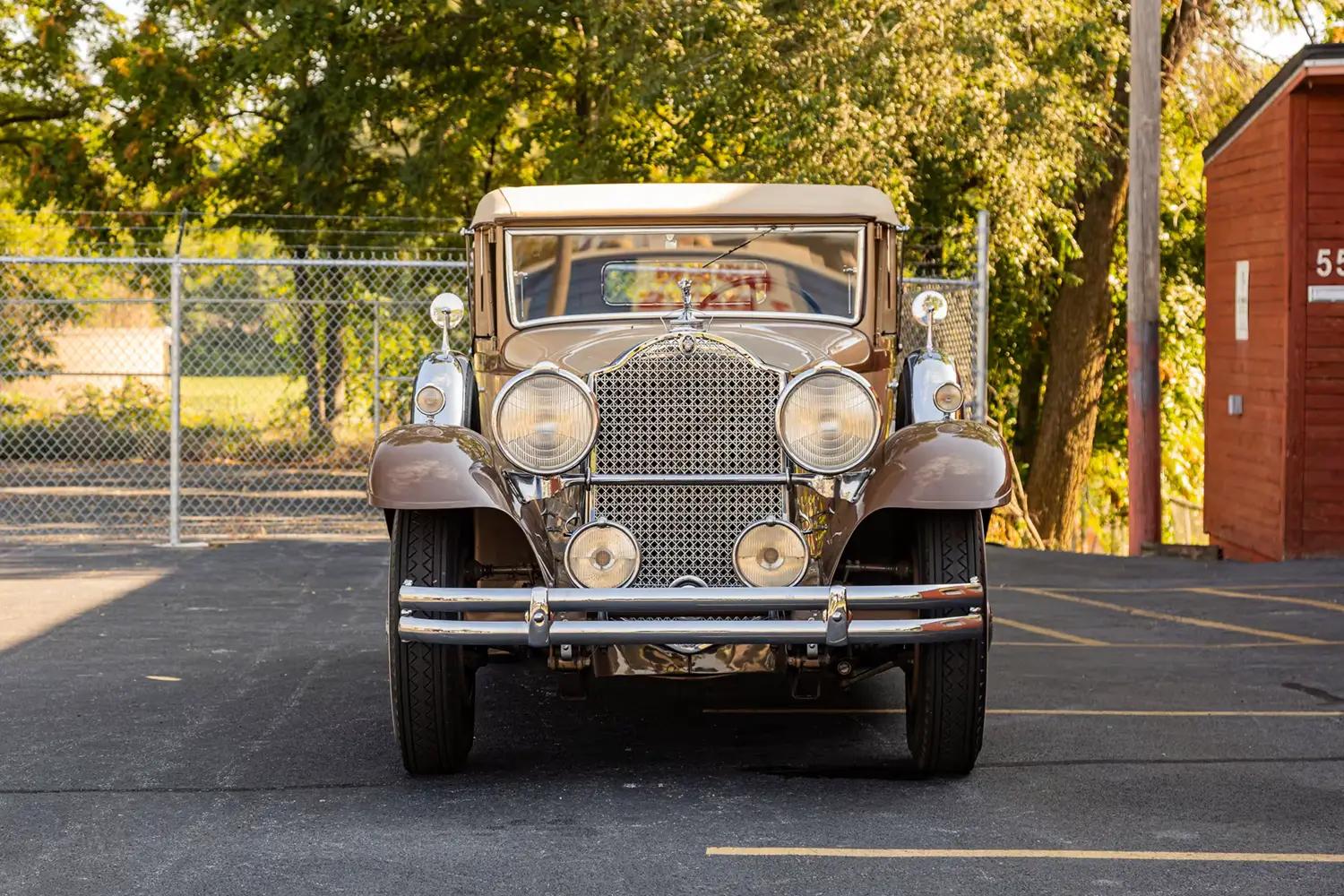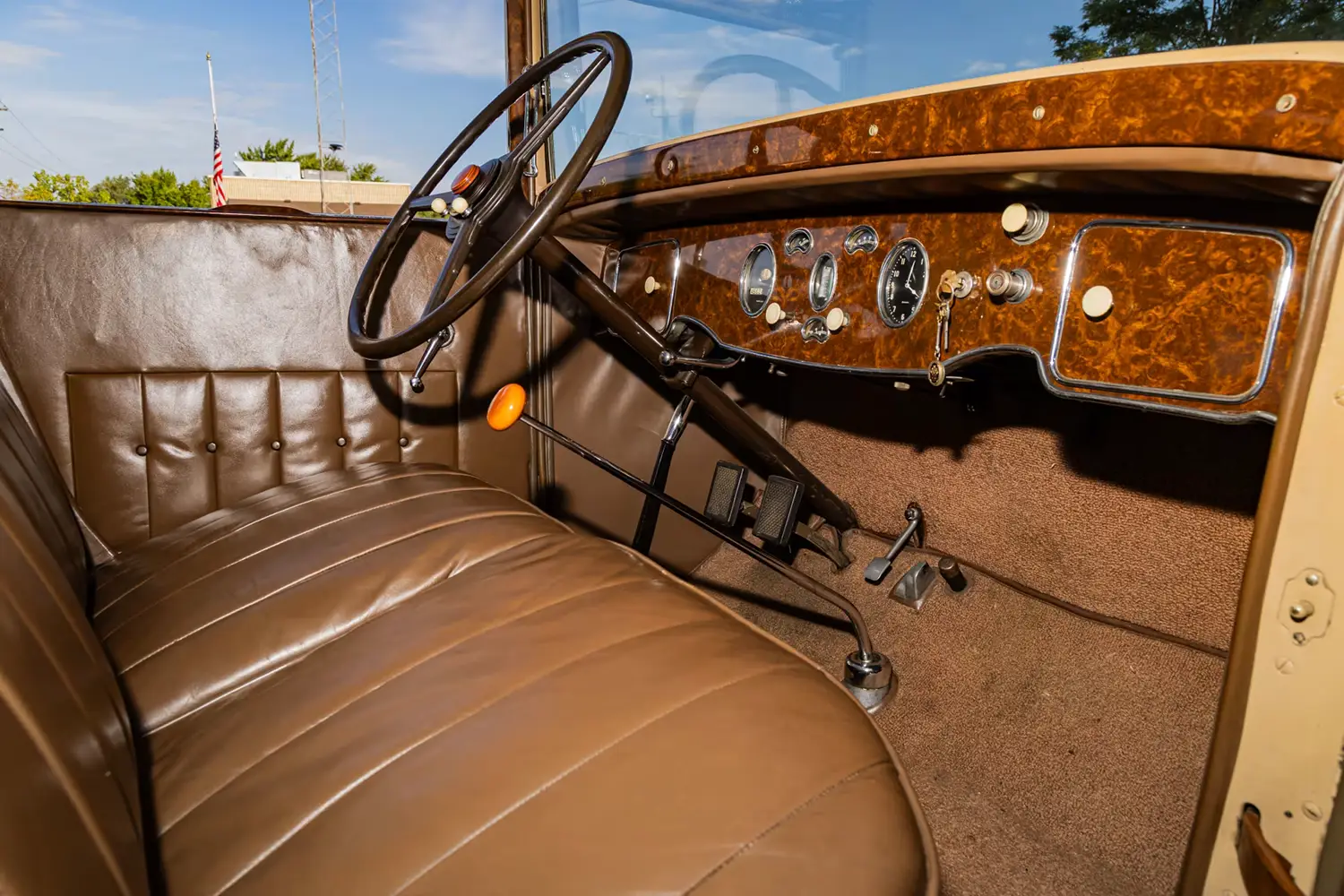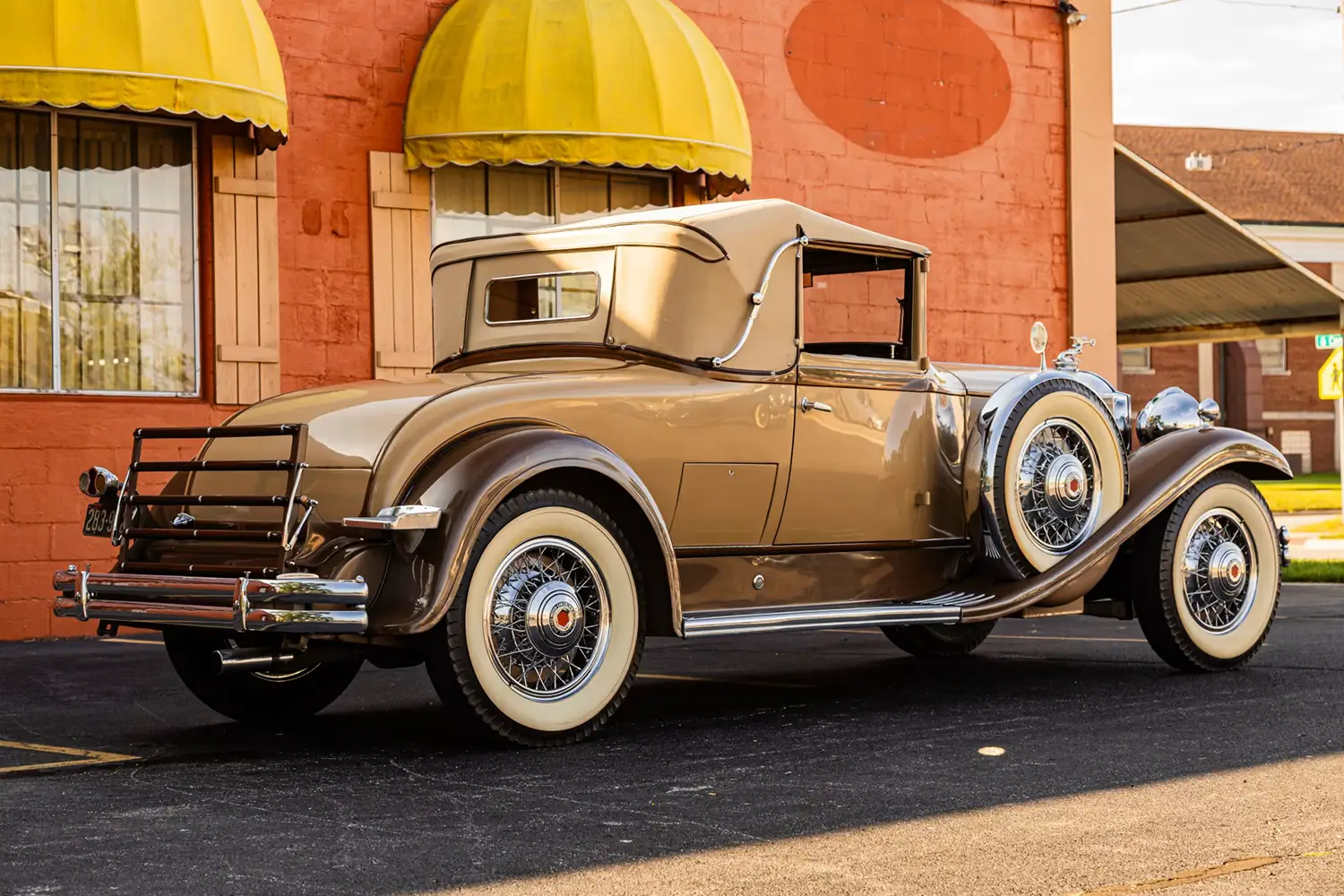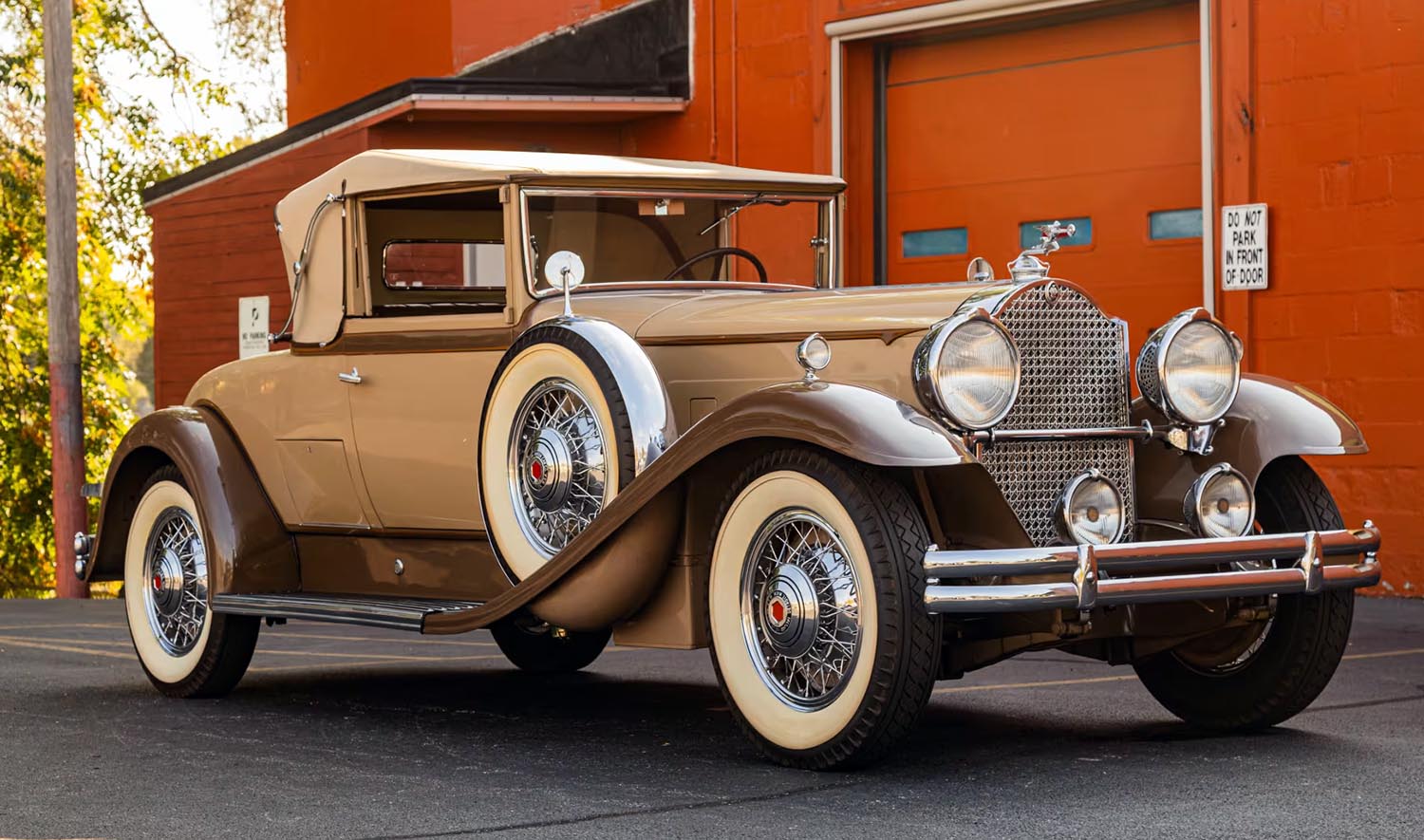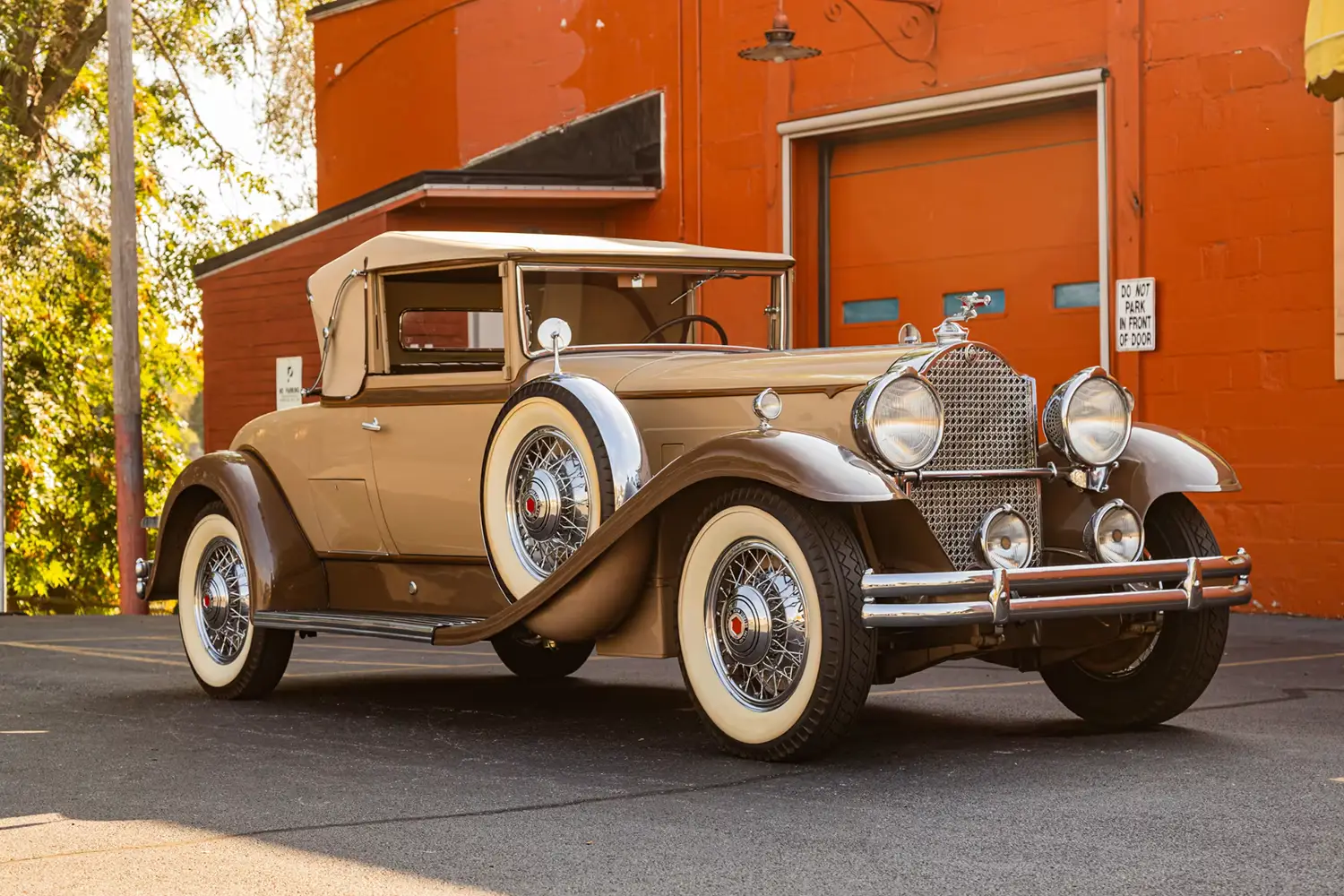
The 1931 Packard 840 Eight Convertible Coupe is a car that embodies the prewar era’s fascination with elegance and proportion. With its sweeping lines and distinguished stance, it delivers a strong visual statement that continues to resonate today.
Design and craftsmanship of the 1931 Packard 840
Packard worked with renowned coachbuilder LeBaron on this convertible coupe. The result is a body design that balances sharp geometry with flowing details. Long fenders, a tall radiator shell, and delicate trim pieces contribute to its striking appearance.
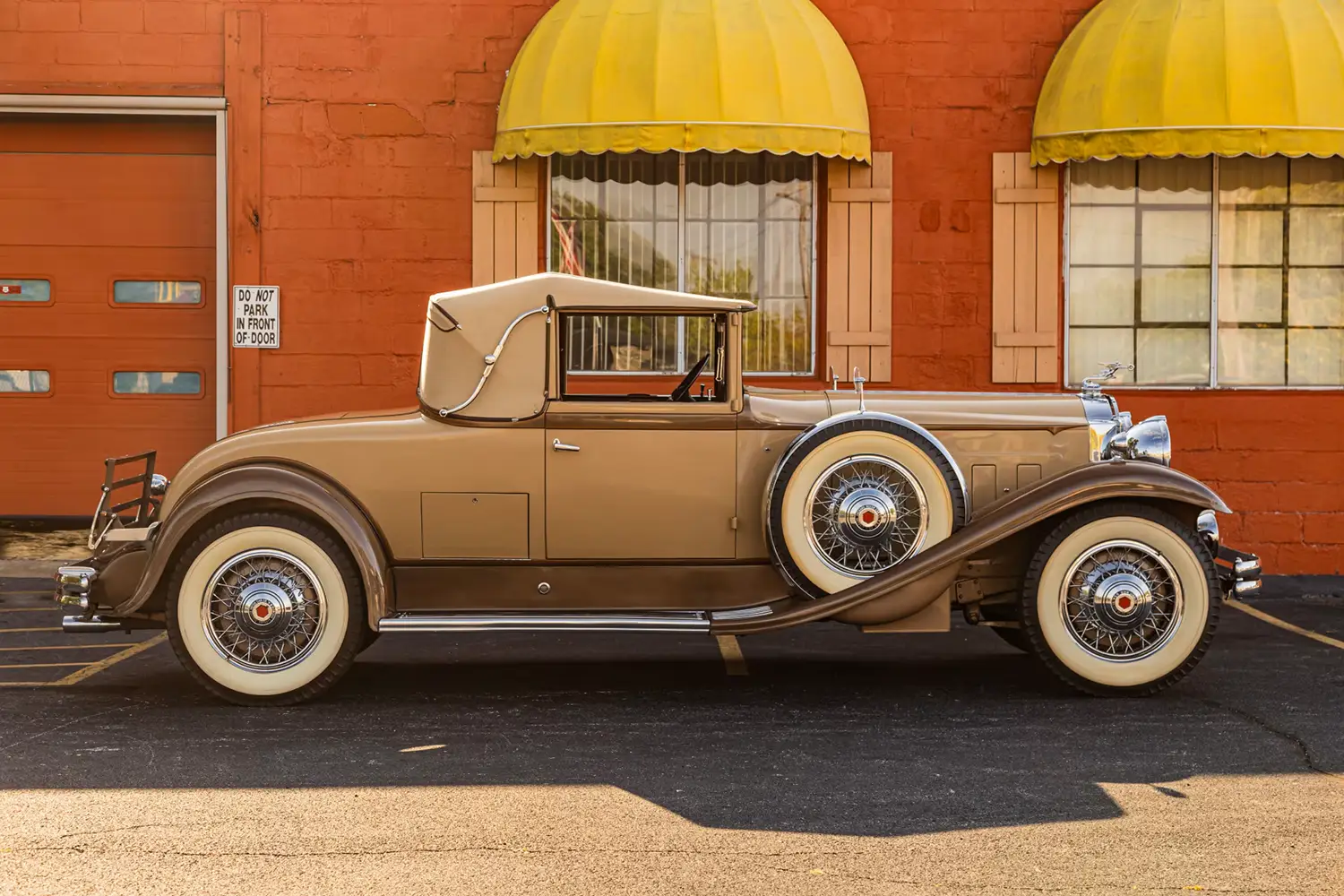
Exterior styling details
The car carries dual side-mounted spares, wire wheels, and chrome accents that underline its luxury credentials. The folding soft top adds practicality while maintaining a sleek silhouette. Its proportions highlight Packard’s focus on harmony between mechanics and aesthetics.
Interior appointments and finish
Inside, the Packard 840 Eight Convertible Coupe features a blend of polished wood, quality leather, and fine instrumentation. The dashboard layout follows the restrained style of the early 1930s, providing clarity without distraction. Cabin space feels generous, especially with the coupe body format.
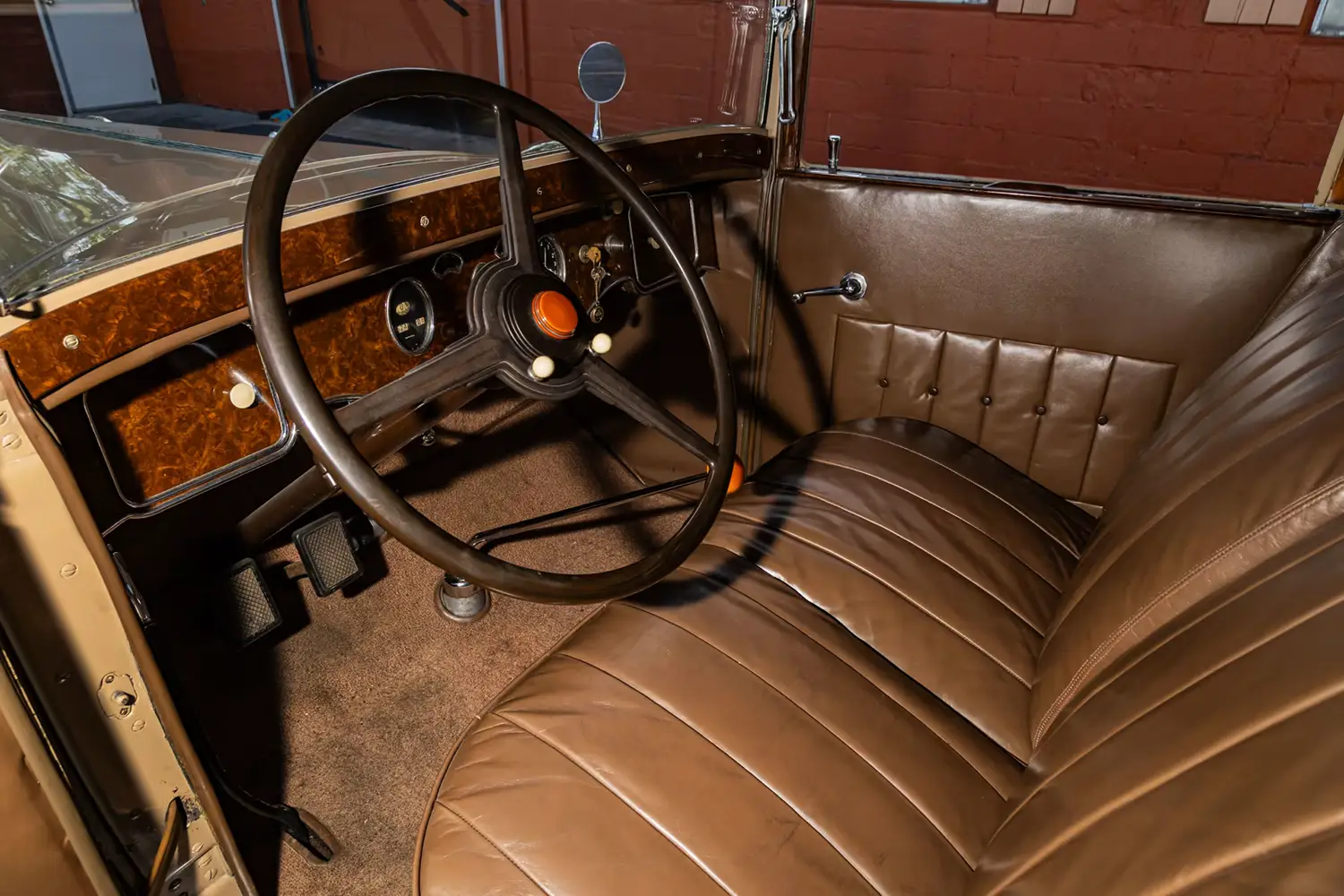
Engine, power, and performance
Beneath the long hood sits a 384 cubic-inch straight-eight engine, producing 120 horsepower. This engine offered smooth delivery and enough power for long-distance touring. Paired with a manual transmission, it provided balance between reliability and drivability. Performance was measured, not excessive, yet entirely suited to the era’s demands.
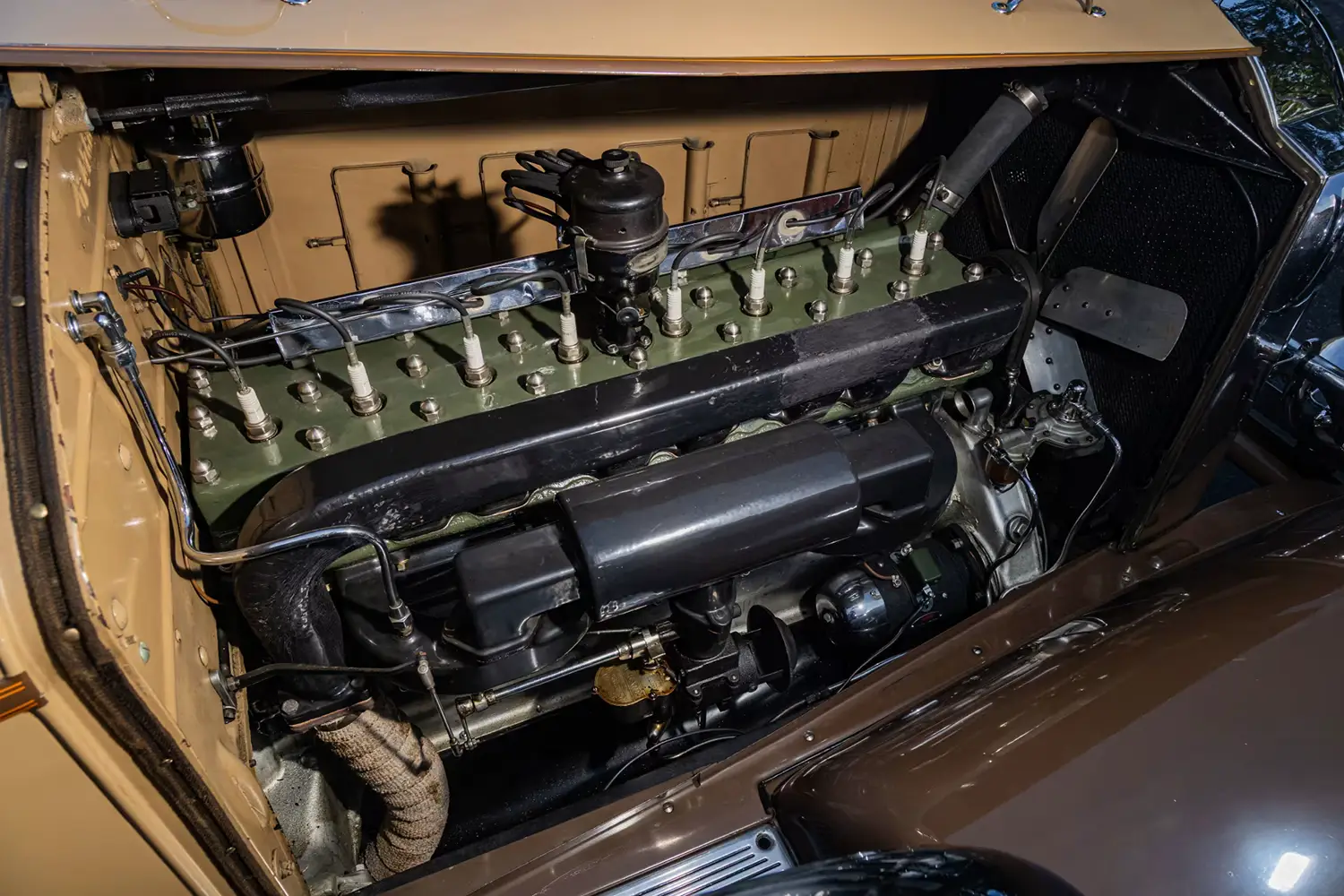
Ownership and motoring character
Cars like the Packard 840 Eight Convertible Coupe ask for steady maintenance and respect for their mechanical systems. The straight-eight rewards careful tuning, while the bodywork requires preservation to maintain its sharp lines. For those who appreciate prewar cars, it represents both engineering precision and design artistry.
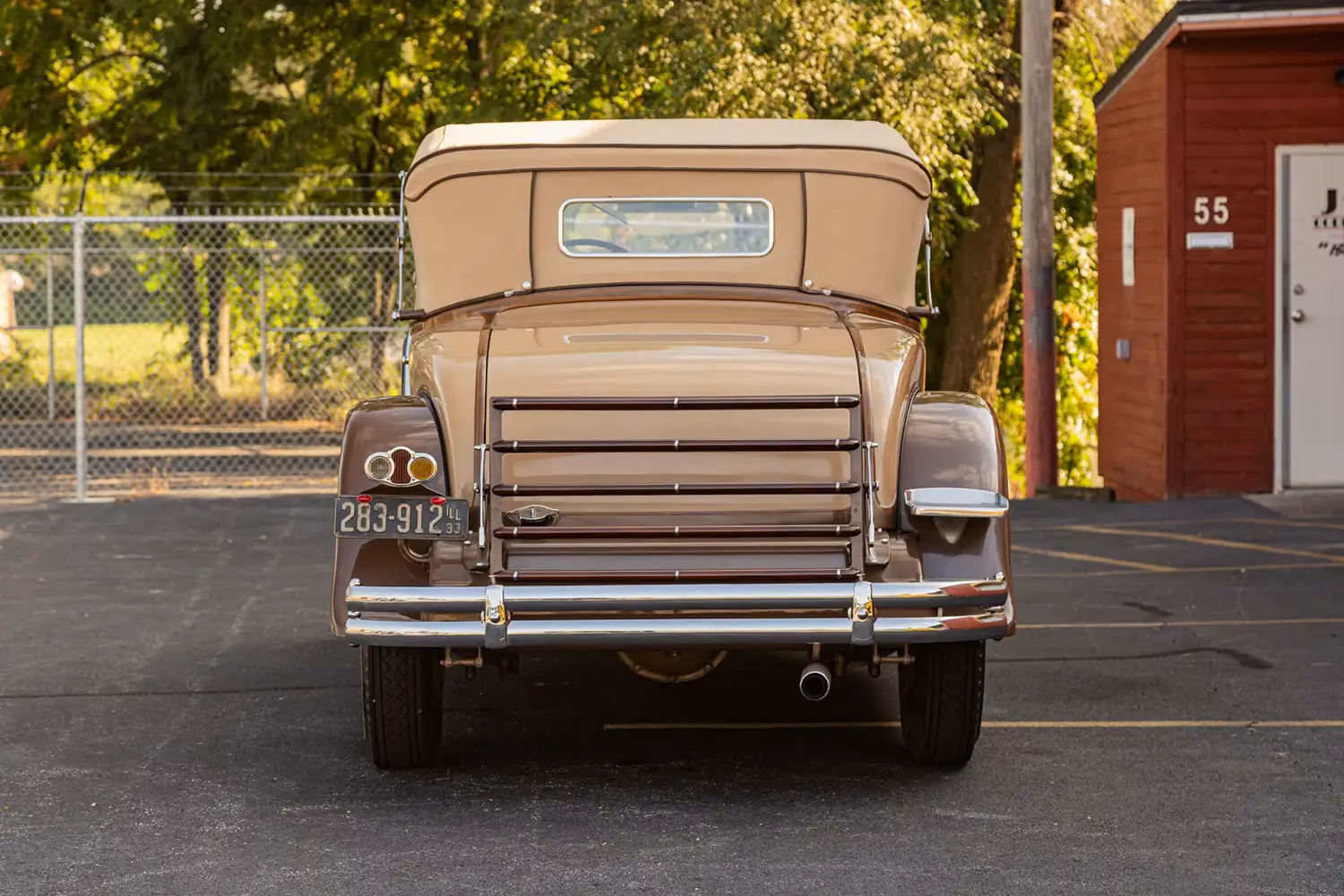
Summary
The 1931 Packard 840 Eight Convertible Coupe combines a powerful straight-eight engine with LeBaron’s distinctive bodywork and Packard’s engineering philosophy. Its design, performance, and craftsmanship together illustrate why this car remains an icon of prewar motoring elegance.
Disclaimer: This article is for informational and entertainment purposes only. The information provided is based on market trends and personal opinions and should not be considered financial or investment advice. Readers should always conduct their own research and consult with a professional advisor before making any decisions.
Source & Details: mecum.com
